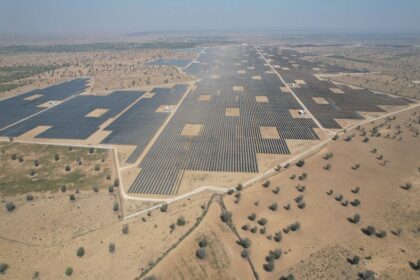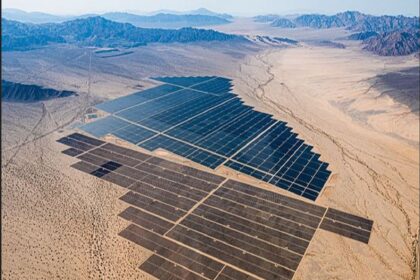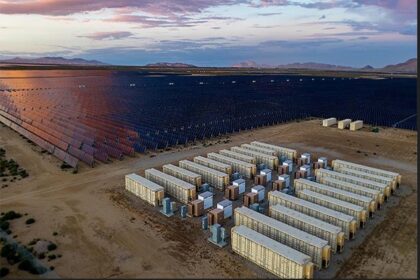In a significant step towards meeting its sustainability goals, Microsoft has signed a 25-year carbon removal agreement with Re.green, a Brazilian reforestation startup. Under this agreement, Microsoft will purchase 3.5 million carbon credits over the specified period. This partnership underscores Microsoft’s commitment to supporting long-term ecological restoration efforts while driving its own carbon neutrality objectives.
What is Re.green’s Role in the Agreement?
Re.green is an ecological restoration firm that focuses on transforming degraded lands into biodiverse ecosystems by reintroducing native species. Through this reforestation effort, the company aims to permanently sequester carbon from the atmosphere. The company funds its restoration projects by selling carbon credits and producing certified native hardwood. This sustainable model helps ensure large-scale restoration projects are financially viable while promoting environmental resilience.
Funding Large-Scale Restoration Projects Across Brazil
As part of the deal, Microsoft’s investment will fund the restoration of more than 16,000 hectares of degraded pastureland across Brazil. Over half of the land has already been acquired, with restoration activities already underway in the States of Maranhão and Bahia. The project will involve the planting of at least 10.7 million native seedlings. This scale of reforestation aligns with both Re.green’s goals and Microsoft’s broader environmental ambitions.
The Value of the Deal: A Market Estimate
While the exact value of the deal remains undisclosed, market analysis suggests it could be worth around $200 million. This reflects the growing demand for carbon credits as companies seek to offset their emissions and invest in sustainable practices. For Microsoft, this is the second major carbon removal deal in the last 12 months, following an earlier agreement in May 2024 for the delivery of three million tons of carbon removal credits over 15 years.
Microsoft’s Broader Carbon Removal Strategy
This new agreement adds to a series of initiatives Microsoft has pursued in 2024 to strengthen its green credentials. The tech giant has diversified its carbon removal efforts by purchasing credits from a range of carbon sequestration technologies, including direct air capture, biomass, waste concrete, and enhanced rock weathering. These actions are part of Microsoft’s long-term strategy to reduce its carbon footprint and enhance its sustainability profile.
Criticism and Accusations of Greenwashing
Despite these positive steps, Microsoft faced criticism in 2024 related to its environmental efforts. The company was accused of greenwashing by some environmental groups, particularly due to its close ties with fossil fuel companies. A filing from the non-profit As You Sow with the US Securities and Exchange Commission (SEC) argued that Microsoft’s focus on fossil fuels as the primary growth opportunity for AI, machine learning, and cloud services was inconsistent with its public stance on climate change.
Frequently Asked Questions (FAQ)
1. What is a carbon credit, and why is it important?
A carbon credit is a permit that allows the holder to emit a certain amount of carbon dioxide or other greenhouse gases. It is used as a tool to offset emissions by funding projects that remove or reduce carbon from the atmosphere, like reforestation or renewable energy projects.
2. How does Microsoft’s partnership with Re.green contribute to its carbon neutrality goals?
3. What are the benefits of reforestation for the environment?
Reforestation helps restore biodiversity, combat climate change by sequestering carbon, and prevent soil erosion. It also contributes to local economies by supporting sustainable agriculture and forestry practices.
4. What is the criticism Microsoft has faced regarding its sustainability efforts?
Microsoft has faced accusations of greenwashing, particularly for its business ties with fossil fuel companies. Critics argue that its support for AI and cloud computing growth through fossil fuel use contradicts its environmental goals.
5. What other companies are involved in large-scale carbon removal projects?
Many tech companies, including Google, Amazon, and Apple, are investing in carbon removal projects through agreements with reforestation firms and other carbon capture technologies to meet their sustainability and emissions reduction targets.

















